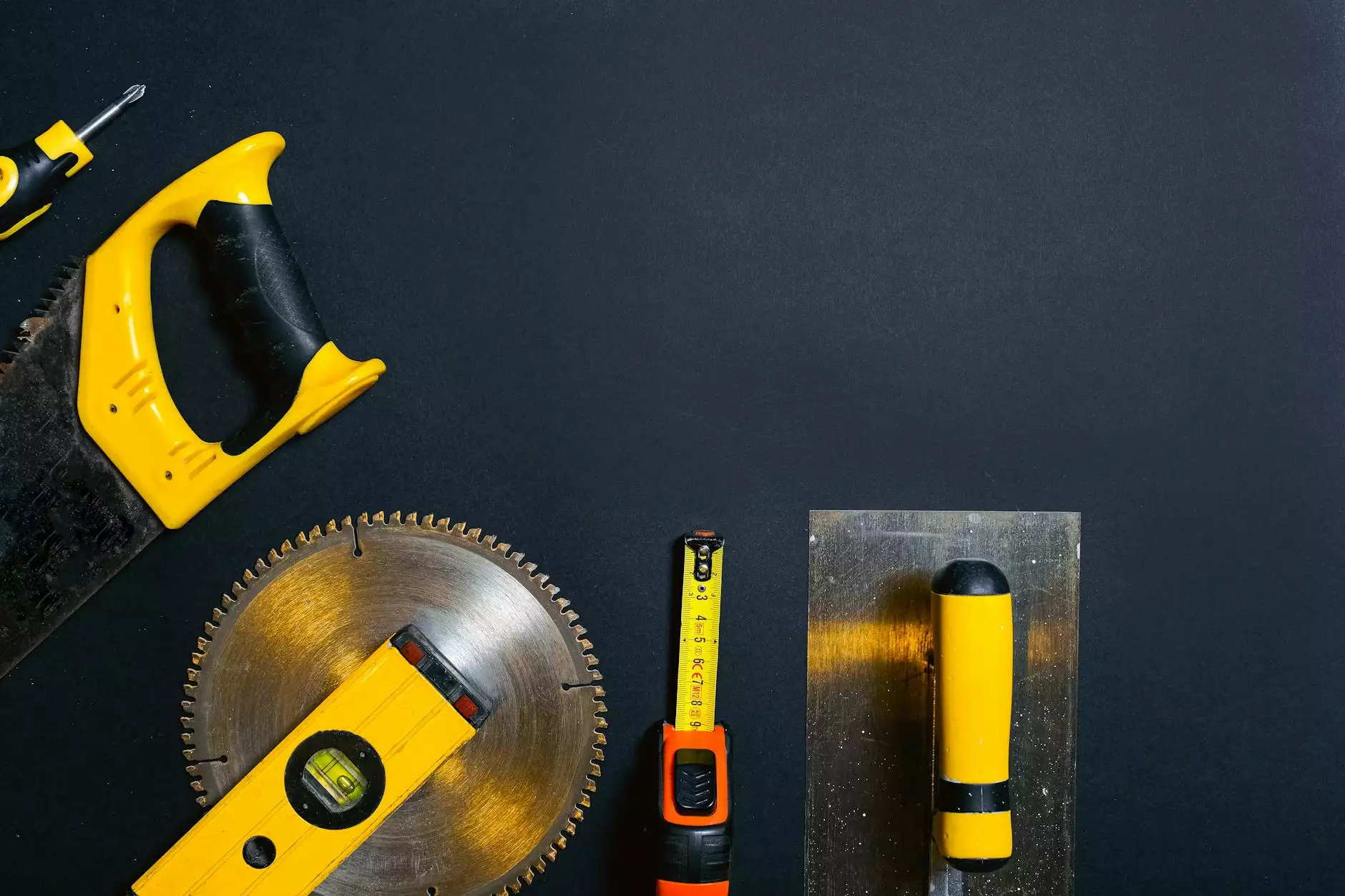The Impact of Industrial Blower Design on Business Efficiency

In the realm of industrial machinery and manufacturing processes, the industrial blower design plays a crucial role in optimizing operational efficiency and productivity. These powerful devices, also known as industrial fans, are essential components across a wide range of industries, including automotive, chemical, agricultural, and more.
Understanding Industrial Blower Design
Industrial blowers are designed to generate a continuous flow of air or gas at varying pressures to move materials, cool machinery, control emissions, and more. The efficiency and effectiveness of an industrial blower system are heavily reliant on its design, which encompasses factors such as:
- Blade shape and size
- Material composition
- RPM (Revolutions Per Minute)
- Fan type (axial, radial, or centrifugal)
- Motor power and efficiency
Enhancing Business Operations
Businesses that invest in well-designed industrial blowers benefit from improved operational performance in several key areas:
- Energy Efficiency: Optimized blower design can reduce energy consumption, leading to cost savings and environmental benefits.
- Productivity: Efficient airflow management can enhance production rates and overall workflow efficiency.
- Product Quality: Proper cooling and ventilation provided by industrial blowers contribute to maintaining product integrity and consistency.
- Safety: Industrial blowers play a crucial role in controlling air quality, temperature, and emissions, ensuring a safe working environment.
Key Considerations for Effective Industrial Blower Design
When it comes to designing industrial blowers for optimal performance, several factors must be taken into account:
- Airflow Requirements: Understanding the specific airflow needs of the process or application is essential for selecting the right blower design.
- Pressure Needs: Determining the required pressure levels helps in choosing the appropriate blower type and configuration.
- Material Compatibility: Selecting materials that are durable, corrosion-resistant, and suitable for the operating environment ensures long-term performance.
- Noise Levels: Incorporating noise reduction features in the design promotes a quieter and more comfortable work environment.
Optimizing Business Efficiency with Advanced Blower Technology
The continuous advancements in industrial blower technology offer businesses opportunities to further enhance their operational efficiency. Features such as variable speed drives, high-efficiency motors, and smart controls enable better performance monitoring, energy savings, and overall system optimization.
Case Study: TMM's Innovative Blower Solutions
At TMM, a leading provider of industrial blower solutions, we understand the critical role that well-designed blowers play in driving business success. Our expert team specializes in creating custom blower configurations tailored to your specific needs, ensuring maximum efficiency, reliability, and performance.
Whether your industry requires high-volume airflow, precise pressure control, or specialized material handling, TMM's innovative blower designs are engineered to deliver exceptional results.
Conclusion
Investing in high-quality industrial blower design is not just a matter of compliance; it is a strategic decision that can significantly impact your business's efficiency, productivity, and bottom line. By partnering with industry-leading experts like TMM, businesses can unlock the full potential of their operations through innovative blower solutions.



